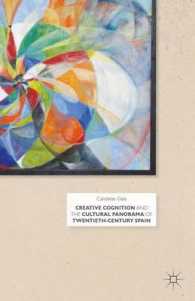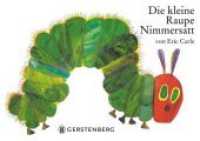Full Description
This book is a study of the concept of wilāya and its developments among Shīʿī scholars from the eighteenth to twentieth century. Leila Chamankhah addresses a number of issues by delving into the conceptualizations of wilāya through the examination and interpretation of key texts. She focuses on the influence of ibn ʿArabī's mysticism, with regard to the conception of wilāya, on his Shīʿa successors and expositors in later centuries. She also discusses the development and transformation of the conception of wilāya over two hundred years, from the esoteric school of Shaykhīsm to the politicization of wilāya in the theory of wilāyat al-faqīh.
Contents
1. Introduction.- 2. Ibn ʿArabī and Wilāya.- 3. The Shaykhī School and Wilāya.- 4. The Schools of Tehran and Qum and Wilāya.- 5. Khomeini, Wilāya, and the Influence of Ibn ʿArabī.- 6. Khomeini as the Jurist and Wilāya.- 6. Conclusion.








